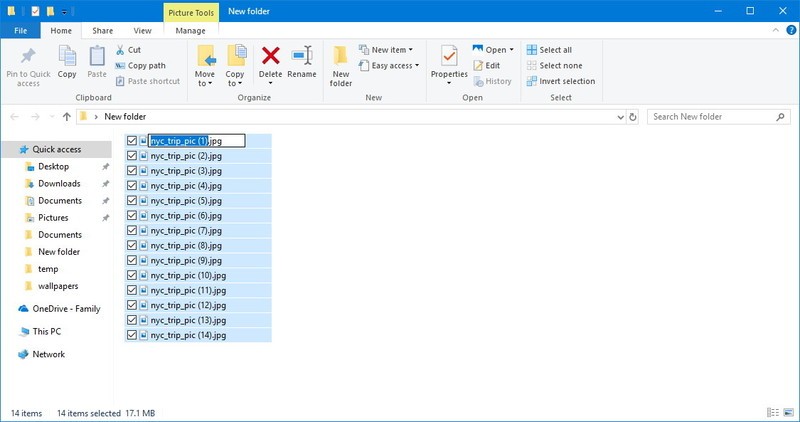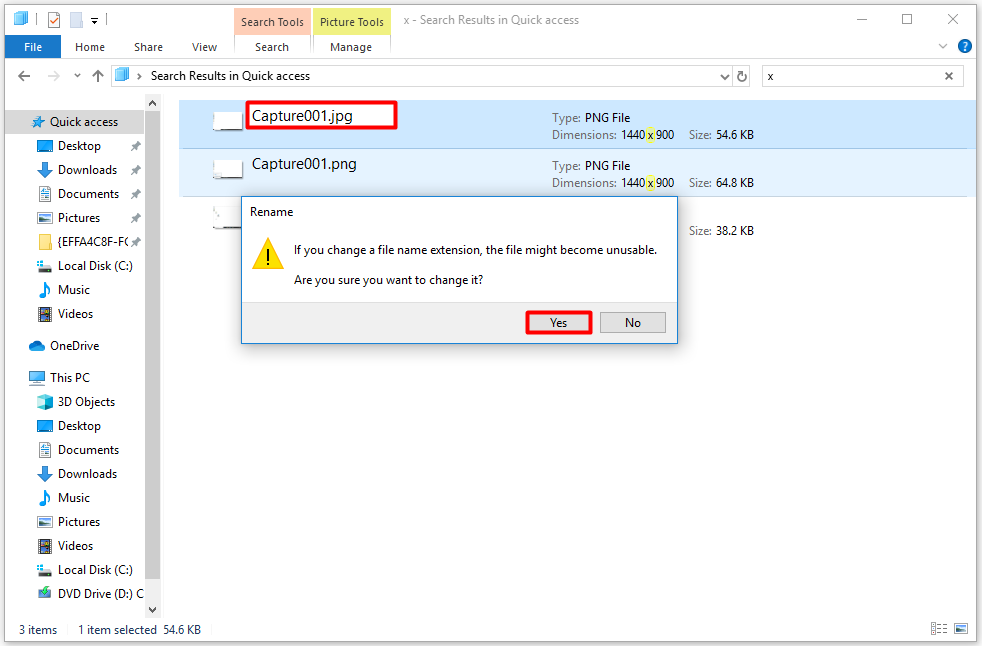

The delayed expansion is enabled because it is needed for the evaluation of Here's an example of how the above could be OFF

, you would also need a variable to temporarily store the extension before removing the As the extension would be extracted together with the leading On the loop variable to extract, respectively, the name and the extension of each file to concatenate them in the new name.

You could rename your files in a loop, using the modifiers If you want to ignore case when matching, but want to force the extension to be lower case, then: Full documentation is embedded within the script.Īssuming jrepl.bat is in a folder that is listed within your PATH, then the following simple command will work from the command line, only renaming files that match the case in the search string: It is pure script (hybrid JScript/batch) that runs natively on any Windows machine from XP onward. If you think you might want to frequently Rename files with complex patterns in the future, then you should look into JREN.BAT - a regular expression renaming utility. You should not have to worry about a file being renamed twice because the result after the rename will not match But there is still a one liner that works from the command line:įor /r "myPDFfolder" %F in (*.) do %G in ("%~nF") do "%F" "%~nG" You can read more about how this works at how does the windows rename command interpret wildcards?Ĭan vary, then the above will fail miserably. Note that the characters in the source mask are not case sensitive. Preserves through the last occurrence of lower-case In the target mask preserves everything in the original file name through the last occurrence of upper-case , then you can use the following from the command line:įor /r "myPDFfolder" %F in (.) do "%F\*." *O&ren "%F\*.pdf.o" *f If you know for a fact that all files that match A moderate length one liner from the command prompt can do the trick.


 0 kommentar(er)
0 kommentar(er)
